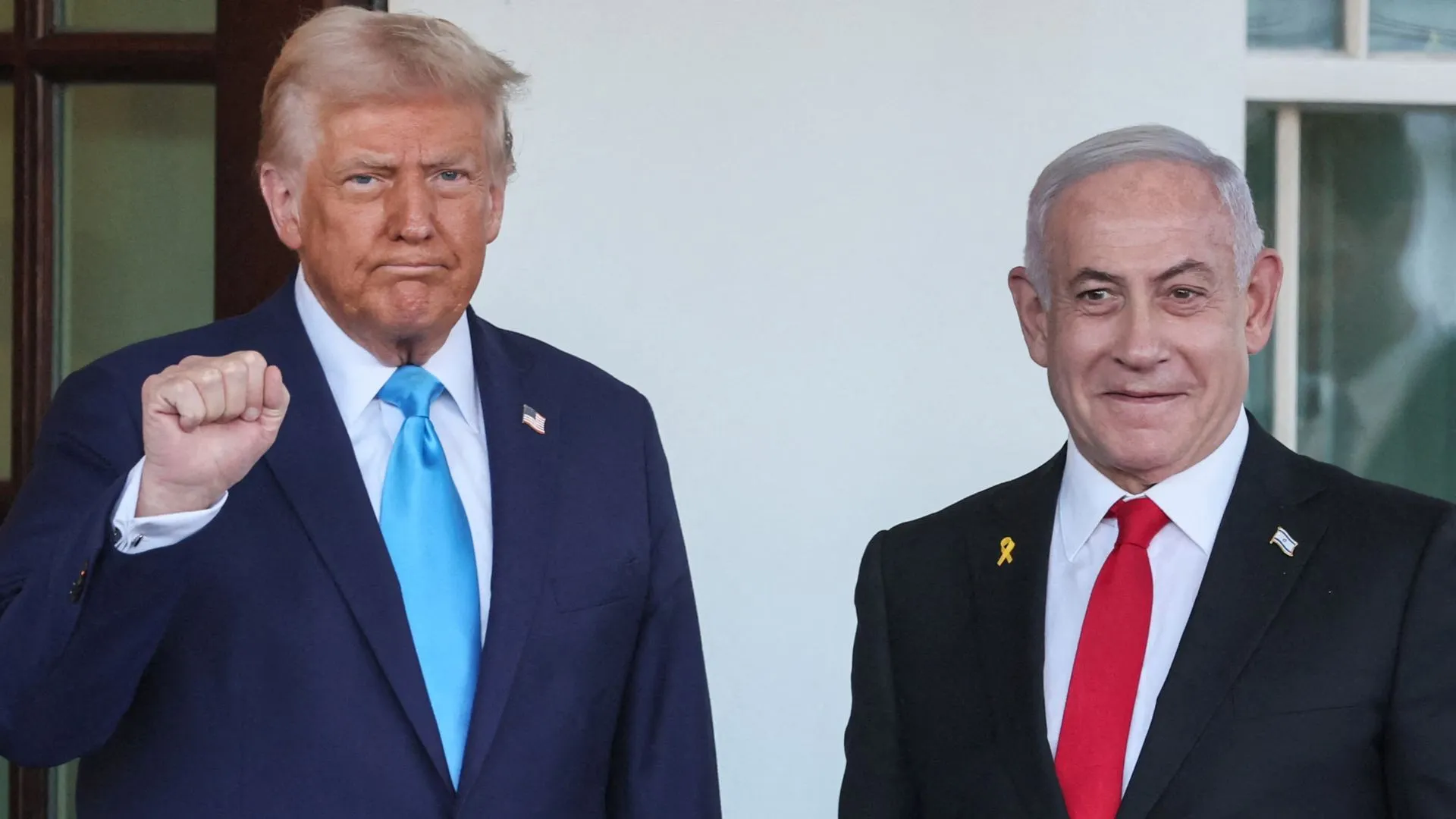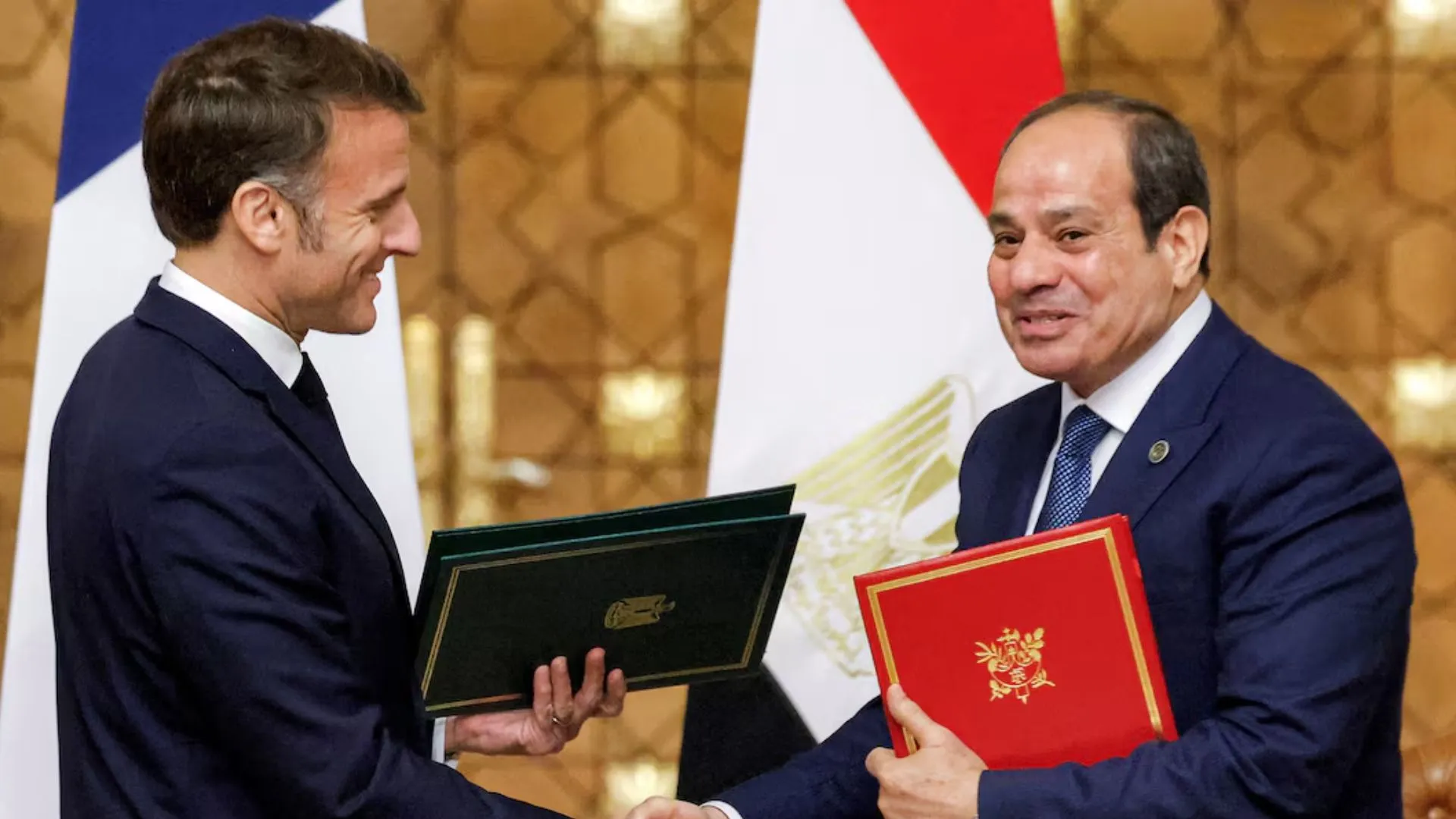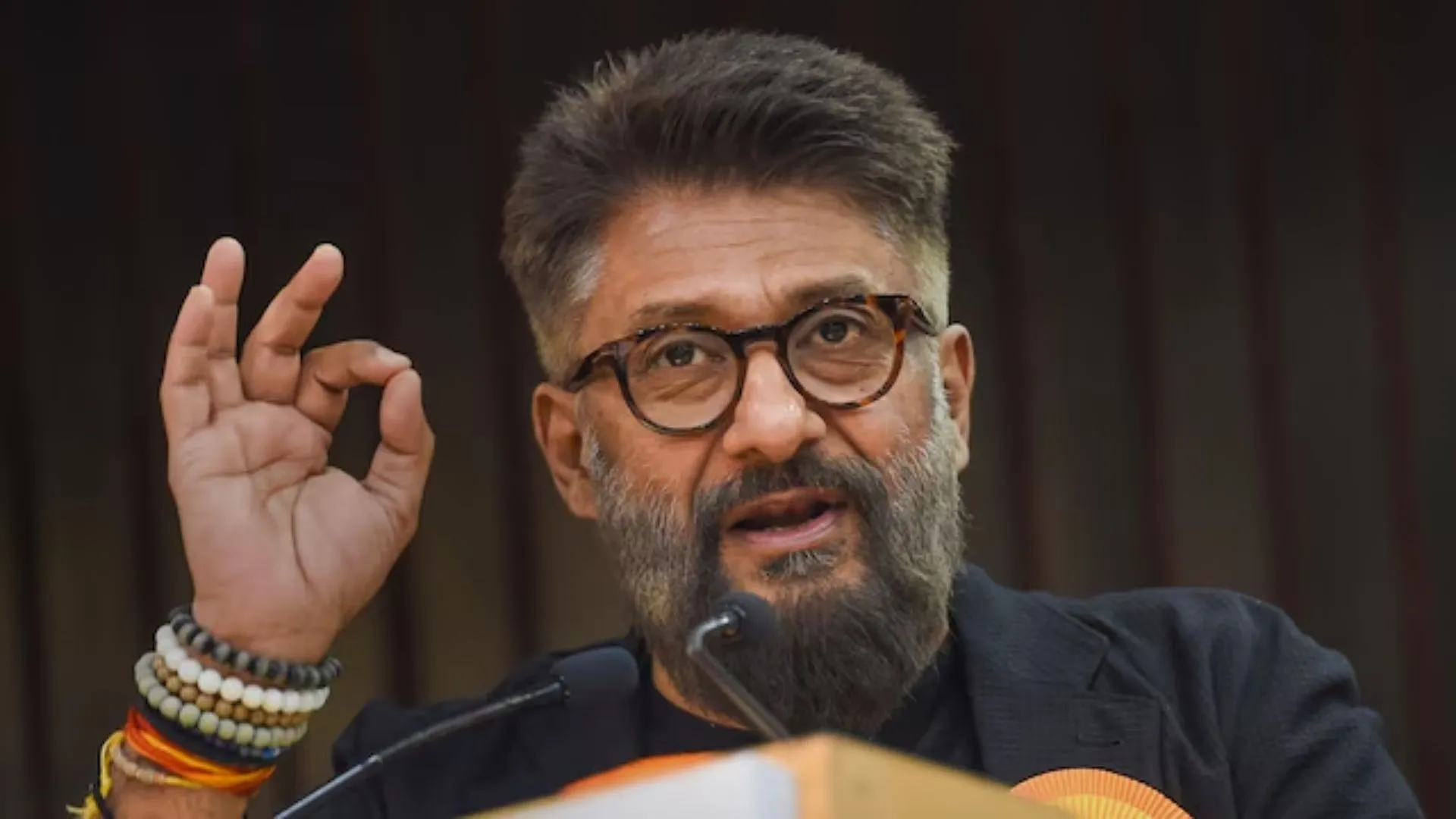Azerbaijan’s President, Ilham Aliyev, gained massive outrage after defense of the country’s oil and gas industry while terming such resources as a “gift of God”. His words at the United Nations climate conference in Baku seemed to also tackle “Western fake news” about Azerbaijan’s environmental record. The comments, made during the United Nations climate conference in Baku, come at a time when the world is grappling with the urgent need to reduce carbon emissions and tackle climate change.
Aliyev Defends Fossil Fuels and Criticizes Western Media
Speaking at the conference, the official complained about “slander and blackmail” allegedly launched against Azerbaijan ahead of COP29. He vigorously denied the accusations that country’s production of fossil fuel had a major role in world pollutions; it was reportedly only 0.1% of the global share of gas emissions by Azerbaijan. He argued that countries should not be blamed for owning natural resources like oil, gas, and metals, saying that “oil, gas, wind, sun, gold, silver, copper… all are natural resources,” and countries should have the right to bring them into the market.
“Countries should not be blamed for having them, and should not be blamed for bringing these resources to the market because the market needs them,” Aliyev said.
UN Chief Guterres Fires Back: Fossil Fuel Expansion is “Absurd”
Responding to Aliyev’s statement that fossil fuel development was growing, UN Secretary-General António Guterres said the world must continue to be dependent on fossil fuels as the climate crisis worsens.
“It is absurd that we continue investing in fossil fuel expansion in a world that urgently needs to reduce greenhouse gas emissions,” he said. “The ticking clock you hear,” he said, driving home the urgency of time running out to ward off a global temperature increase of more than 1.5 degrees Celsius above pre-industrial levels. He branded 2024 a “masterclass in climate destruction” as the world faced extreme weather catastrophes fuelled by human-caused climate change.
This “clean energy revolution,” which he said has already begun and cannot be stopped by any government, must be given first priority, he said. “No government can stop it,” he declared.
UK Prime Minister Pushes for More Ambitious Climate Goals
UK Prime Minister Sir Keir Starmer announced new climate goals for the UK – cutting emissions by 81% by 2035. He appealed to others to raise their ambition and said that the race for clean energy jobs was on, and the UK was going to be leading the way in the “economy of tomorrow.” “I don’t want to be in the middle of the pack – I want to get ahead of the game,” declared Starmer.
Interestingly, questions are being raised as to what Azerbaijan’s role is in hosting COP29. Azerbaijan relies almost entirely on the export of oil and natural gas. Skeptics note that the chairman of COP29 happens to be Azerbaijan’s ecology minister, who worked for 26 years for the state-owned oil and gas company SOCAR. There are fears that the negotiations will only pump more investment into Azerbaijan’s oil and gas sector, perpetuating the country’s reliance on fossil fuels.
Increasing Pressure for More Climate Finance to Assist Developing Nations
Climate finance for developing nations is an issue that runs through much of what will dominate COP29 talks: increasing pressure to provide more finance for developing nations already being battered by climate change. We need more cash, environment minister Roger Baro said, pointing out his country suffers from extreme heat waves and flooding, among many other extremes, worsened by climate change.
Remarks by Baro captured the public sentiments emanating from the poorer nations as they sought collective contributions of US dollars 1 trillion from the richest to enable them to implement their climate change plans. The UN leader reechoed again that the largest emitters are the rich countries and, therefore, have the biggest responsibility in solving the climate crisis.
Global Leaders Address the Climate Crisis
On the second day of COP29, other leaders also spoke on the imperative for urgent climate action. Spanish Prime Minister Pedro Sánchez called for “drastic measures” to combat climate change in Spain, after devastating floods killed over 200 people. “We need to undergo decarbonisation, adapt our towns and infrastructure, ” Sánchez added to a growing chorus linking climate change to worsening extreme weather events like the floods.
COP29: Will the World Agree?
As COP29 ran into November 22, the conference had been in increasingly uphill struggles to produce a meaningful agreement. Financing climate action remains one of the major sticking points, especially for developing countries, where more significant commitments from wealthier nations are still needed. Most of the world’s biggest polluters skipped the conference altogether, including the head of the US, France, and India, and it remains unclear if COP29 will meet its lofty ambitions.
ALSO READ: Nazi Flags Waved Outside ‘Diary Of Anne Frank’ Play In Michigan























